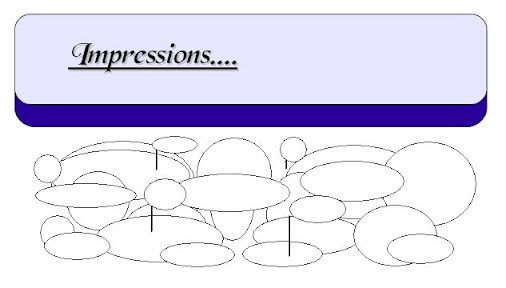American lexicographer, textbook author, spelling reformer,
political writer, and editor. He has been called
the "Father of American Scholarship and Education."
His "blue-backed" Speller books taught five generations of children in the US how to spell and read and his name became synonymous with the term "dictionary", the modern Merriam-Webster, first published in 1828 as
"An American Dictionary of the English Language."
 Noah Webster was born in Connecticut (as native daughter Andree reminded me) and really left his mark despite having trained as and failing to make a living as a lawyer. One thing he did love was the world of words, and he believed that Americans should write as Americans, deciding by common usage what their rules should be. At first he accepted the English "u" in such words as "humour" and "colour", but later decided to drop them. Thanks to him the words "centre" and "theatre" became "center" and "theater", among many others he thought were too upper-class elitist and not to American taste. A great man, and a great mind. And a man of the people, too!
Noah Webster was born in Connecticut (as native daughter Andree reminded me) and really left his mark despite having trained as and failing to make a living as a lawyer. One thing he did love was the world of words, and he believed that Americans should write as Americans, deciding by common usage what their rules should be. At first he accepted the English "u" in such words as "humour" and "colour", but later decided to drop them. Thanks to him the words "centre" and "theatre" became "center" and "theater", among many others he thought were too upper-class elitist and not to American taste. A great man, and a great mind. And a man of the people, too!Unauthorized printing of his books, and disparate copyright laws that varied among the thirteen states, led Webster to champion the federal copyright law that was successfully passed in 1790.
(picture and bio from Wikipedia)

2 comments:
I failed to comment about your choices of perference of english vs british spellings. british spellings, to me, are fine in britain, but pretentious here. The thing about our founding fathers, including Webster, was that they had this vision of what being an American was. And it was usually anything that was not British. And their vision was absolutely inculcated into us here, so it is gospel with me: what they say is Truth.
I wish you'd give up those british spellings!
I like this post a lot.
It was reading the first books by Ian Fleming (James Bond) that gave me a taste of Britishisms... "tyre" "boot" "bonnet" "windscreen" "kerb" "colour" "honour" and others... later editions sometimes adjusted these for American readers and sometimes did not... I was young and confusable, and was therefore confused, but there was something charming about these things at the same time. Anyhow, English/American is a dialect, and so is American/English... and both remain complicated and irrational even after Webster and McGuffey and every other effort... and it's great! We can confuse everybody!
Post a Comment